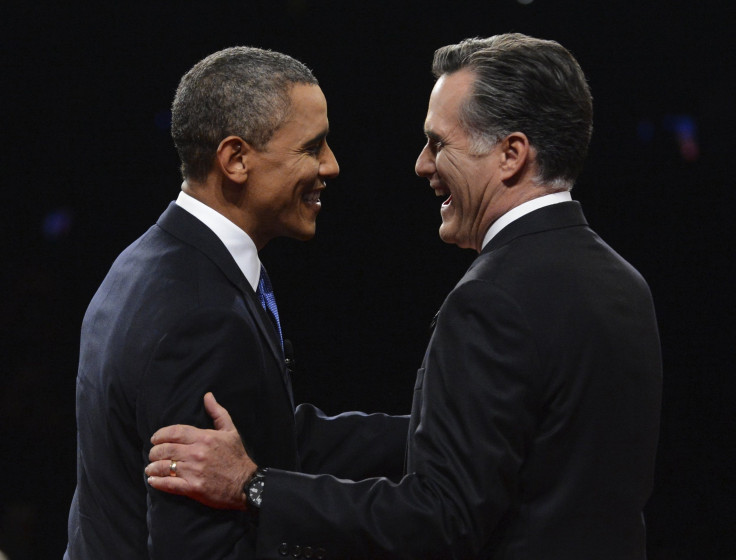Election Day Brings Stress for Voters, Not Just for Obama or Romney

As November 6, or Election Day, draws closer, many citizens are aware of the importance of their vote. The leader in charge of policy for the next four years in the United States will be responsible for making important decisions about the economy, foreign affairs and, of course, health care. So it is no surprise that it is not simply Presidential candidates and their staffers who feel the pressure of the election - it is us, the voters, as well.
A study published in European Neuropsychopharmacology found that voting is a stressful experience with noticeable hormonal changes.
A study conducted by Ben-Gurion University's Anxiety and Stress Research Unit in Israel was conducted on Election Day in Israel. People heading into vote were asked to give a saliva sample that would be tested for cortisol levels. They also completed a questionnaire that examined their emotional state that was placed 30 feet away from the ballot box. This group was compared to a control group which also gave saliva samples and filled out the questionnaire the day after Election Day.
The study found that levels of cortisol of the people heading in to vote were three times higher than the control group. However, when cortisol levels of both groups were tested 21 months later, their cortisol levels were double those of the control group.
Researchers also found that people were more emotionally aroused right before voting.
The researchers wonder if the pressure of Election Day caused some people to just stay home and not vote at all. It may also be, based on the follow-up findings, that people who are more likely to vote are also more prone to stress. Hagit Cohen, who was one of the study researchers, noted "that the stress levels rise if our preferred party or candidate for whom we want to vote is not popular in the polls."
The most recent polls show that it is a tight race between President Barack Obama and Governor Mitt Romney.



























